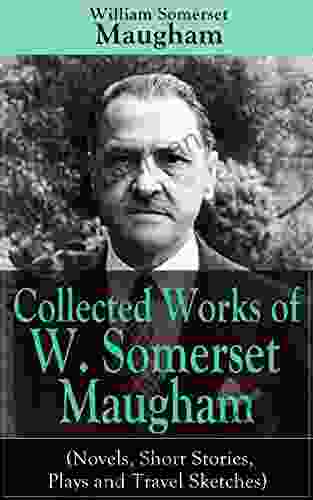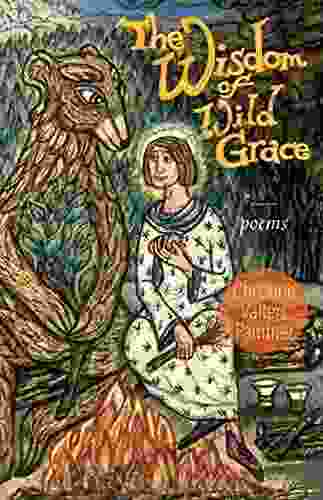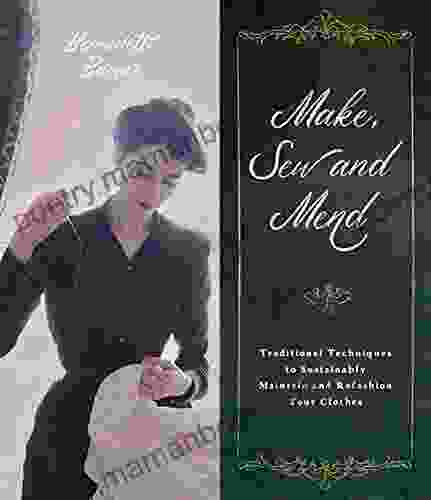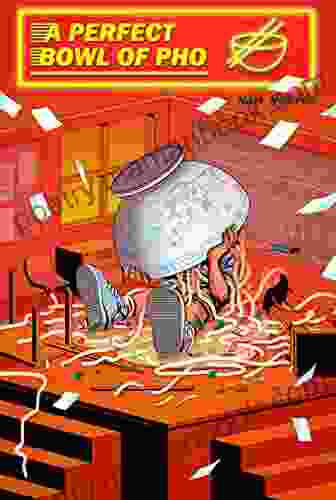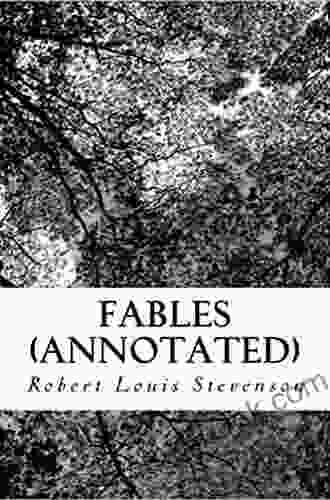Somerset Maugham, renowned English novelist, playwright, and short story writer, left an indelible mark on the literary landscape of the twentieth century. His writing captivates readers with its keen insights into human nature, exploration of complex themes, and masterful storytelling. This comprehensive article delves into the Collected Works of Somerset Maugham, offering a comprehensive overview of his literary output and its enduring legacy.
Novels: Exploring the Depths of Human Experience
Maugham's novels delve into the intricate lives of its characters, examining their motivations, desires, and struggles. His most celebrated work, Of Human Bondage, is a semi-autobiographical masterpiece that follows the journey of Philip Carey, a young orphan grappling with identity, love, and art. The Moon and Sixpence, a powerful tale of obsession and self-discovery, explores the life of Charles Strickland, a stockbroker who abandons his conventional life to pursue his passion for painting.
4.4 out of 5
| Language | : | English |
| File size | : | 5683 KB |
| Text-to-Speech | : | Enabled |
| Enhanced typesetting | : | Enabled |
| Word Wise | : | Enabled |
| Print length | : | 4969 pages |
| Screen Reader | : | Supported |
| Item Weight | : | 15.5 ounces |
Through these and other novels, such as The Painted Veil, Cakes and Ale, and The Razor's Edge, Maugham explores universal themes of love, loss, identity, and the search for meaning. His characters are complex and flawed, their experiences resonating with readers across generations.
Short Stories: Masterful Miniatures of Human Existence
Maugham's short stories are equally captivating, showcasing his ability to capture the essence of human experience in a limited space. His collection The Trembling of a Leaf gathers some of his finest stories, including "Rain," "The Letter," and "The Pool," which explore the fragile nature of human relationships and the unpredictable forces that can shatter them.
With pinpoint accuracy and subtle irony, Maugham dissects the human condition in these stories. He exposes the hidden motives, secret desires, and vulnerabilities that lie beneath the surface of seemingly ordinary lives. Maugham's short stories are a testament to his profound understanding of human psychology.
Plays: Exploring the Boundaries of Dramatic Tension
Maugham's contributions to the theater are equally impressive. His most successful play, Our Betters, premiered in 1917 and became a Broadway hit. It explores the themes of social class, hypocrisy, and the consequences of illicit relationships. The Circle, another highly acclaimed play, examines the complexities of marriage and the enduring power of love across generations.
Maugham's plays are characterized by their witty dialogue, intricate plot lines, and astute observations of human behavior. They delve into the hidden secrets and motivations of their characters, keeping audiences on the edge of their seats until the final curtain falls.
Travelogues: Illuminating Encounters with Diverse Cultures
Beyond his fictional works, Maugham also penned a series of travelogues that recorded his extensive travels around the world. These accounts offer a fascinating glimpse into different cultures, landscapes, and customs. Maugham's keen eye for detail and his ability to capture the essence of a place are evident in works such as On a Chinese Screen, The Gentleman in the Parlour, and A Writer's Notebook.
Through his travelogues, Maugham invites readers to experience the beauty and diversity of the world alongside him. His encounters with different societies and individuals provide insightful perspectives on human nature and the interconnectedness of all cultures.
Legacy: The Enduring Impact of Somerset Maugham's Writing
Somerset Maugham's literary output has had a profound impact on the literary world and continues to captivate readers today. His novels, short stories, plays, and travelogues have been translated into numerous languages and adapted for film and stage.
Maugham's legacy lies in his exceptional storytelling abilities, his incisive exploration of human nature, and his ability to connect with readers on a deeply personal level. His works remain a testament to the enduring power of literature to illuminate the human experience and entertain audiences for generations to come.



